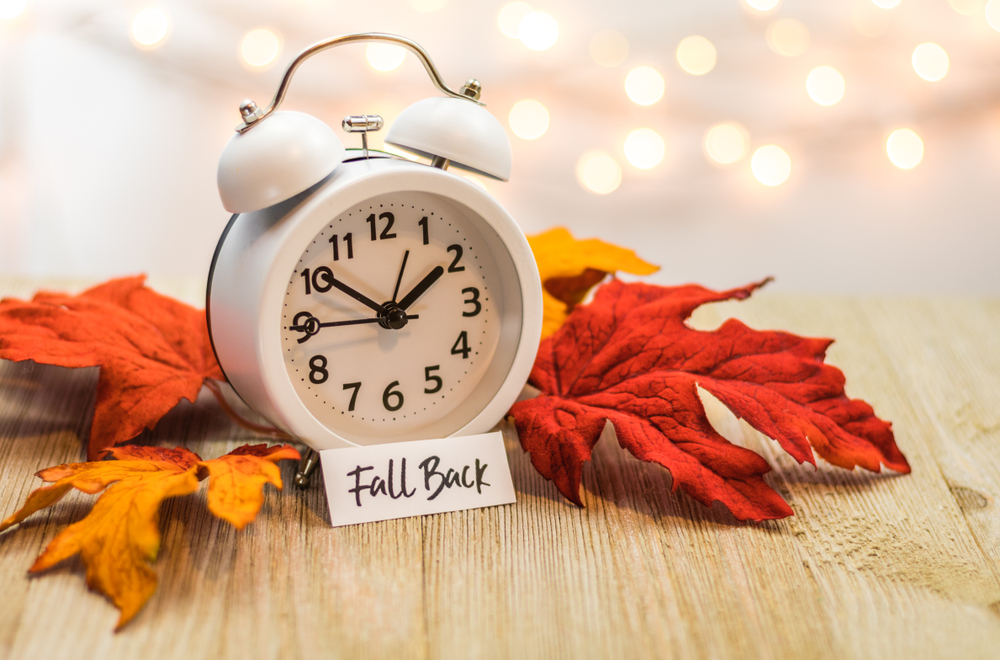Does Daylight Savings Time Increase the Rate of Car Accidents?
November 6, 2022

Daylight savings time is a controversial subject that people tend to either agree with or don’t. The point of daylight savings time is to manage how much sunlight is available throughout the seasons. This time change has been the topic of numerous studies as researchers attempt to find out how it affects our circadian rhythms and if it makes people more fatigued. One of these topics of study is how daylight savings time affects the rate of car accidents.
An Increase in Car Accidents Prior to Daylight Savings Time
A study by the National Highway Transportation Safety Administration (NHTSA) using the Fatality Analysis Reporting System (FARS) found that there was an increase in car accidents of 6% in the week leading up to daylight savings time. The study reviewed over 20 years of data and concluded that the change is responsible for as many as 28 fatalities each year. The study only found an increase in the week leading up to it in the spring and not during the time change in November.
An Increase in Car Accidents Following Daylight Savings Time
Studies also show that there tends to be an increase in the number of car accidents following the week of daylight savings time. Much of the risk comes from drowsy or fatigued driving. This study also found that people who work more than 60 hours per week were at a 40% increased risk of being in an accident during this time.
How Does Daylight Savings Time Affect Safe Driving?
One of the biggest reasons daylight savings time affects safe driving is that it leads to more fatigued drivers on the road. It can take people more time to adjust to the loss or addition of an hour. Additionally, the changing times also make it darker earlier. By mid-winter, some people may have a commute that is fully in the dark.
Stay Safe
Here are a few tips that you can use to deal with daylight savings time:
- Know the warning signs: Learn to recognize your warning signs. For some people, this may be feeling drowsy, whereas others may notice they’re yawning more often. Make a plan to pull over as soon as you recognize your signs of drowsiness.
- Make sleep a priority: Try to get a few extra hours of sleep, at least in the few weeks leading up to daylight savings time. Even getting into bed earlier can trick your mind into thinking it’s bedtime. If you cannot get sufficient sleep multiple nights in a row, finding alternative transportation may be worth it.
- Avoid medications that also make you drowsy: Some medications have label warnings that you not use them when driving. Using these medications when you’re already tired can lead to dangerous driving.
- Avoid alcohol: Drinking and driving reduces your reaction time. Driving while fatigued also does the same. Mixing the two can exacerbate your delayed reactions and fatigue, making driving extremely dangerous.
We don’t have much control over daylight savings time. You do, however, have control over your ability to prepare by focusing on your sleep schedule. Also, knowing when to ask a friend to drive or call a taxi can help you stay safe during daylight savings time and all throughout the year.
Contact a Middletown Personal Injury Lawyer to Discuss Your Fatigued Driving Case in New Jersey
Did you or a loved one sustain serious injuries due to a fatigued driver in New Jersey? Don’t let the medical bills pile up while you wait for the negligent party or their insurance company to do the right thing. Right now, you need an aggressive personal injury attorney on your side, fighting to get you the compensation you need, want, and deserve. The skilled attorneys at Rudnick, Addonizio, Pappa & Casazza PC represent clients injured because of motor vehicle accidents driver in Middletown, Howell, Marlboro, Manalapan, and throughout New Jersey. Call (732) 264-4400 or fill out our online contact form to schedule a free consultation about your case. We have an office conveniently located at 25 Village Ct, Hazlet, NJ 07730, as well as an office in East Brunswick, NJ.
The articles on this blog are for informative purposes only and are no substitute for legal advice or an attorney-client relationship. If you are seeking legal advice, please contact our law firm directly.






